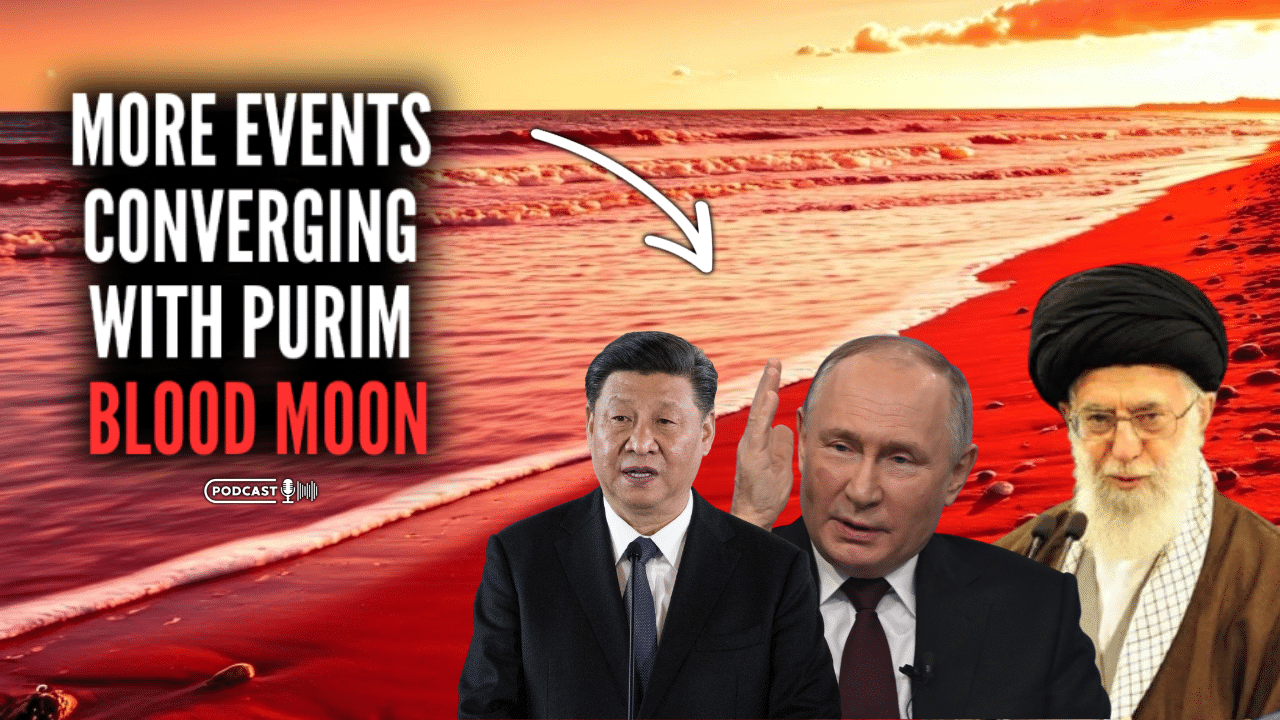As geopolitical tensions continue to simmer across the globe, Europe is taking unprecedented steps to prepare its citizens and infrastructure for the possibility of a large-scale conflict, often framed as a potential World War 3.
From survival guides to mass evacuation plans, the construction of massive bunkers, and the reintroduction of conscription, governments across the continent are signaling a shift toward heightened readiness.
Across Europe, governments are distributing survival guides to equip citizens with the knowledge to endure crises.
According to a report by The Guardian, Germany and Nordic countries like Sweden, Finland, and Norway have taken the lead in issuing booklets and developing apps that advise on building bunkers, stockpiling food, and surviving without electricity.
These efforts stem from growing concerns about a potential Russian threat, with experts cited in the report suggesting an attack could materialize within the next five years.
Similarly, Reuters noted that Sweden reissued its Cold War-era pamphlet “If Crisis or War Comes” in recent years, updating it to address modern threats like cyberattacks alongside traditional warfare. The messaging is clear: self-reliance is key in the face of disruption.
Beyond individual preparedness, European nations are devising large-scale evacuation strategies.
BBC News reported that Poland, situated on NATO’s eastern flank, has been quietly developing contingency plans to evacuate major cities like Warsaw in the event of a sudden conflict.
Local authorities have identified transport routes and temporary shelters, reflecting fears of escalation near its borders with Ukraine and Belarus.
Meanwhile, DW (Deutsche Welle) highlighted Germany’s efforts to modernize its civil defense protocols, including simulations of mass evacuations from urban centers. These plans, dormant since the Cold War, are being revived as a precaution against a rapidly deteriorating security landscape.
The construction and refurbishment of bunkers are also gaining momentum. France24 detailed Finland’s extensive network of underground shelters, capable of housing over 80% of Helsinki’s population.
These facilities, maintained since the Soviet era, are now being upgraded with modern ventilation and supplies to withstand prolonged sieges.
In Switzerland, Al Jazeera reported that the country’s famous bunker system—enough to accommodate its entire population—remains a cornerstone of national defense policy, with recent inspections ensuring readiness.
Germany, too, is revisiting its past, with The New York Times noting a surge in private bunker construction as wealthy citizens hedge against instability, though public shelters remain limited compared to Cold War highs.
Perhaps the most striking development is the return of conscription in several nations. CNN reported that Lithuania reinstated mandatory military service in response to Russia’s actions in Ukraine, a policy echoed by Latvia and under consideration in Estonia.
Further west, The Washington Post covered debates in Germany about reinstating conscription, which was phased out in 2011, as a means to bolster NATO commitments.
In Scandinavia, AP News highlighted Norway’s long-standing draft system, now intensified with increased training cycles, while Sweden’s reintroduced conscription targets both men and women to ensure a robust defense force.
These moves reflect a broader European acknowledgment that voluntary enlistment may not suffice in a major conflict.
While some view these preparations as prudent, others see them as alarmist.
The Times (via posts found on X) suggested that Europe’s actions might fuel public anxiety rather than calm it, with critics arguing that the focus on World War 3 scenarios overshadows diplomatic solutions.
Yet, as News.com.au observed, the combination of survival guides, evacuation drills, bunker investments, and conscription paints a picture of a continent unwilling to be caught off guard.
The specter of Russia looms large in these narratives, though officials interviewed by BBC News emphasize that preparedness is about resilience, not provocation.










